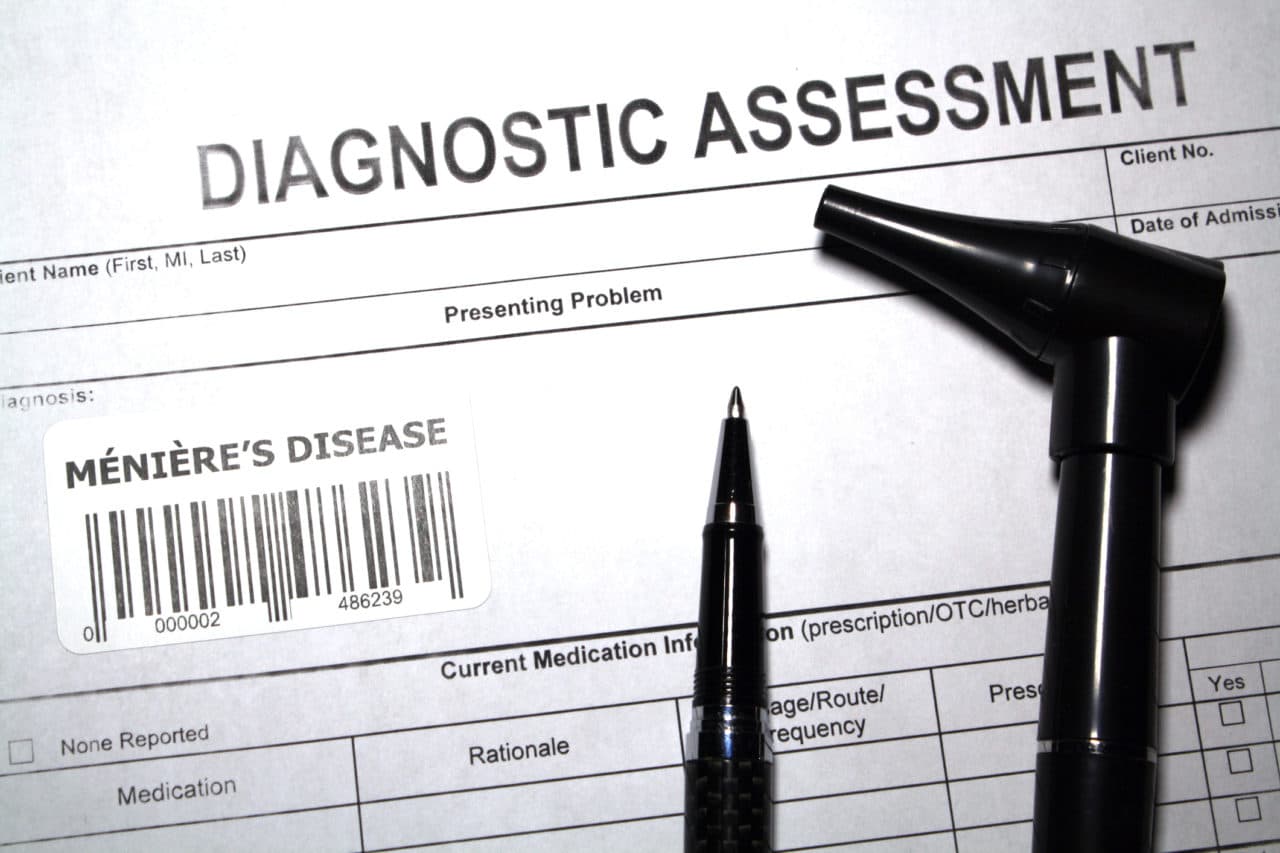This April, The American Academy of Otolaryngology-Head and Neck Surgery Foundation released new guidelines for diagnosing Ménière’s disease. This disorder has long eluded doctors, making these new guidelines a welcomed announcement. The more agreement ear, nose and throat doctors have on this condition, the better the patient outcomes.
What Is Ménière’s Disease?

Ménière’s disease is a disorder of the inner ear, defined by unexplained episodes of vertigo, a feeling like you or your environment is spinning or moving. These symptoms can last for minutes to hours. These attacks are often accompanied by hearing loss and tinnitus.
This disease is experienced almost exclusively by adults; less than three percent of cases occur in children younger than 18. Those between the ages of 40 to 60 are mostly liked to experience Ménière’s disease.
The exact number of cases of the disease are unknown. Experts estimate that as little as 3.5 to as many as 513 out of every 100,000 people experience the disease. Because of the previous lack of guidelines, diagnosis has been challenging.
The exact cause of the disease is unknown. Experts believe the symptoms are caused by excess fluid in the inner ear.
Why Is Ménière’s Disease Hard to Diagnose?
Many of the telltale signs of this disease are mimicked by other illnesses. In addition, the disorder is considered an episodic disease, meaning patients will experience long periods of good health interrupted by periods of illness. Because of this, a diagnosis can take months or years to reach.
The Importance of Guidelines

According to Dr. Gregory Basura, Chair of the Guideline Development Group, “The guideline aims to reduce the subjectivity of diagnosis and treatment for Ménière’s disease and to provide some objective standards based on the literature available today.”
This will help:
- Increase the rates of accurate diagnosis of the disease.
- Improve symptom control with appropriate treatment.
- Reduce the use of inappropriate medications, procedures and testing.
The guidelines are intended to be followed by all health care providers who encounter, diagnose, treat and monitor patients with suspected Ménière’s disease. To learn more about Ménière’s disease or to schedule an appointment with an ear, nose and throat expert, contact ENT of Georgia today.